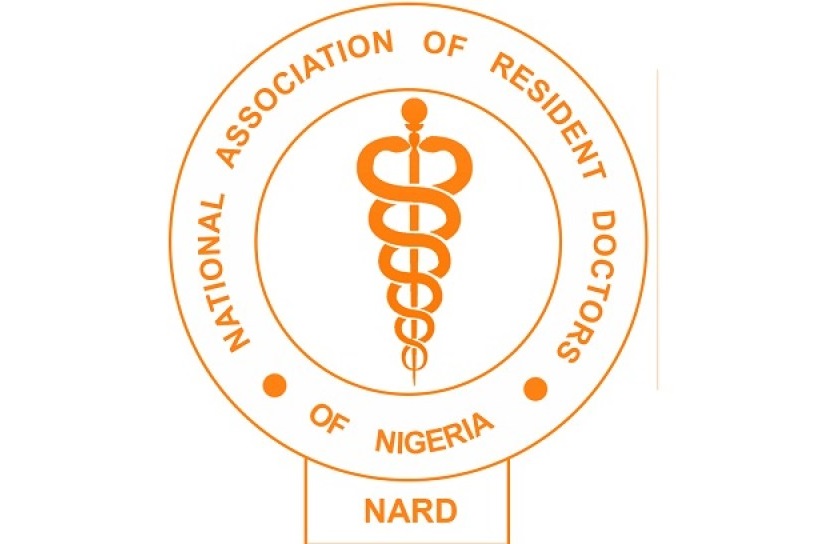As Resident doctors suspend strike
For more than 60 days, the Nigeria Association of Resident Doctors (NARD) was on strike to press home its demands for better conditions of service and a total overhaul and improvement of the health care delivery system in the country. This group make up the largest unit of medical doctors in the country and they […]

The Association of Resident Doctors (ARD)
For more than 60 days, the Nigeria Association of Resident Doctors (NARD) was on strike to press home its demands for better conditions of service and a total overhaul and improvement of the health care delivery system in the country.
This group make up the largest unit of medical doctors in the country and they undergo rigorous training in various areas of medicine to deliver health care to a teeming number of Nigerians all over the country.
- PODCAST: How refusal to use pedestrian bridges costs many Nigerian lives
- Corruption leaks: Pressure mounts on Buhari to probe Bagudu, Obi, others
That is why the strike they embarked upon for over two months was devastating. During this period, there were reports of a spike in the number of deaths by patients in intensive care as well as an increase in all manner of illnesses as a result of the withdrawal of services by the doctors.
It is indeed a positive development that the strike has been suspended and we hope that it remains that way for a very long time to come. Doctors are a very critical set of professionals in the country, as they deal directly with human lives. This particular set of doctors are government employees and most Nigerians seek health care from government-owned health care centres as private hospitals/facilities are too expensive for them, thereby underscoring their importance.
One cannot overemphasise the need for them to be at work at all times as they render essential services. We understand the fact that they are not happy with their conditions of service, but they must put lives first as that is what the Hippocratic oath they take is all about. Staying away from work for over two months is too much in view of its impact. Going forward, therefore, we urge them to seek other ways of demanding what is due to them. They should engage the authorities more and should do that constantly so that situations do not get out of hand to the point of withdrawing services.
It is very unfortunate, also that the government approached this issue as ‘business as usual’. It ought to have done everything possible to prevent the strike. The doctors gave a warning, which was not taken seriously, an act that makes one wonder about the government’s value for the life of ordinary Nigerians since they are the most affected. The politicians, leaders and other highly placed people either jet out of the country for medical care or patronise the expensive private health facilities which are out of the reach of the common man. It is time to address the underlying issues causing these doctors to embark on strike and tackle them once and for all.
It is good that the government has promised to fulfil its agreement with the group, we urge it to do so. It should not go to sleep now that the strike has been suspended. It must follow through with its promises. A critical analysis of the conditions under which doctors operate in the country shows that the sector requires attention. In addition to poor remuneration and recognition, the dearth of necessary facilities in our hospitals and health care centres reflects poorly on the quality of health care delivery in the country. Little wonder that doctors trained at high cost by the government are leaving the country in droves for greener pastures.
The health sector of the country, as in any other country for that matter, is a very important sector that should not be treated with levity. The government needs to do more. It should not go into agreements it does not wish to fulfil. It should not allow itself to be arm-twisted into signing agreements. It should only sign agreements that it can and is willing to fulfil.
Accordingly, we urge both parties to be true to their agreements. The resident doctors hinge their demands not just on seeking improvement in their remunerations but also in the working conditions under the nation’s health care system which at present is abysmal. The government on the other hand points out that funds are scarce and in view of competing demands from other equally important sectors, it cannot fully meet the demands of the resident doctors.
While we believe both positions are reasonable, there must be a meeting point. Compromise is required to tackle this issue and both parties should apply themselves to it. We do not want another resident doctors to strike. Enough is enough.
